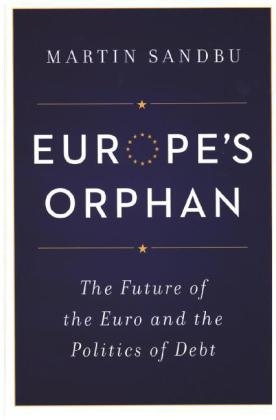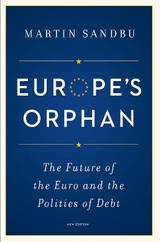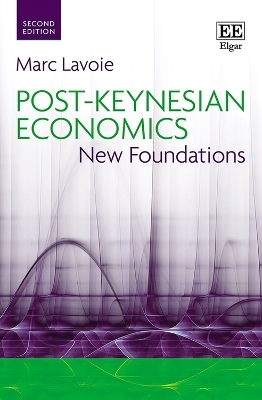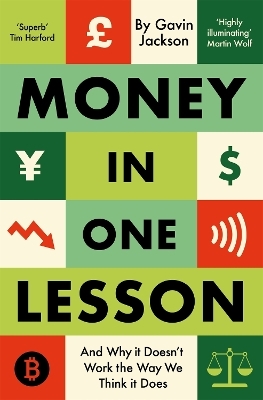
Europe's Orphan
Princeton University Press (Verlag)
978-0-691-16830-2 (ISBN)
Ideologically informed choices set in motion dynamics that encouraged more economic mistakes and heightened political tensions within the eurozone. Sandbu concludes that the prevailing view that monetary union can only work with fiscal and political union is wrong and dangerous--and risks sending the continent into further political paralysis and economic stagnation. Contending that the euro has been wrongfully scapegoated for the eurozone's troubles, Europe's Orphan charts what actually must be done for the continent to achieve an economic and political recovery.
Martin Sandbu has been writing about economics for the Financial Times since 2009. Formerly the newspaper's economics leader writer, he currently writes the newspaper's Free Lunch premium economics newsletter. Previously, he was a senior research fellow at the Zicklin Center for Business Ethics Research at the Wharton School of the University of Pennsylvania. He is the author of Just Business: Arguments in Business Ethics.
*Frontmatter, pg. i*Contents, pg. vii*Preface, pg. xi*ONE. A Giant Historic Mistake?, pg. 1*TWO. Before the Fall, pg. 25*THREE. Greece and the Idolatry of Debt, pg. 48*FOUR. Ireland: The Private Is Political, pg. 80*FIVE. Europe Digs Deeper, pg. 106*SIX. Righting the Course: From Bail-Out to Bail-In, pg. 139*SEVEN. If Europe Dared to Write Down Debt, pg. 165*EIGHT. Europe's Real Economic Challenges, pg. 189*NINE. The Politics That the Euro Needs, pg. 217*TEN. Great Britain or Little England?, pg. 242*ELEVEN. Remembering What the Euro Is For, pg. 265*Notes, pg. 273*Index, pg. 303
| Erscheint lt. Verlag | 29.9.2015 |
|---|---|
| Zusatzinfo | 25 line illus. |
| Verlagsort | New Jersey |
| Sprache | englisch |
| Maße | 152 x 235 mm |
| Gewicht | 567 g |
| Themenwelt | Wirtschaft ► Volkswirtschaftslehre ► Finanzwissenschaft |
| Wirtschaft ► Volkswirtschaftslehre ► Wirtschaftspolitik | |
| ISBN-10 | 0-691-16830-X / 069116830X |
| ISBN-13 | 978-0-691-16830-2 / 9780691168302 |
| Zustand | Neuware |
| Haben Sie eine Frage zum Produkt? |
aus dem Bereich



